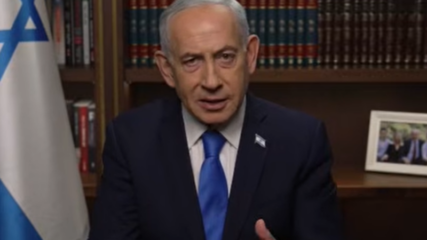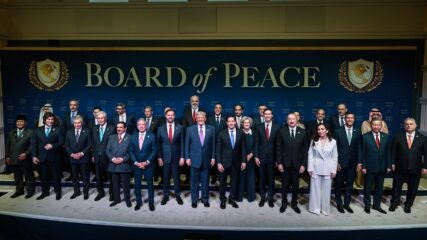View this article in: Spanish
Earlier in 1947, Great Britain turned the future of the Palestine Mandate over to the newly established United Nations. Then in August 1947, the UN suggested that establishing an Arab and Jewish state with a federal union would be the best solution for the communal unrest there.
Reliable resources for deeper Israel understanding
Embrace informed content on Israel, the Middle East and the Diaspora.
Begin with 7 days free to explore CIE’s rich sources, expert analyses and guided knowledge building.
$39 / year
JOIN CIE+
Already have a CIE+ account?
SIGN IN









